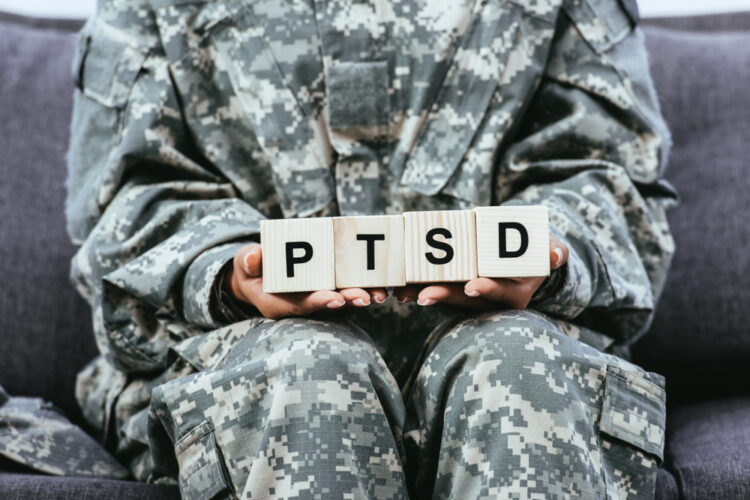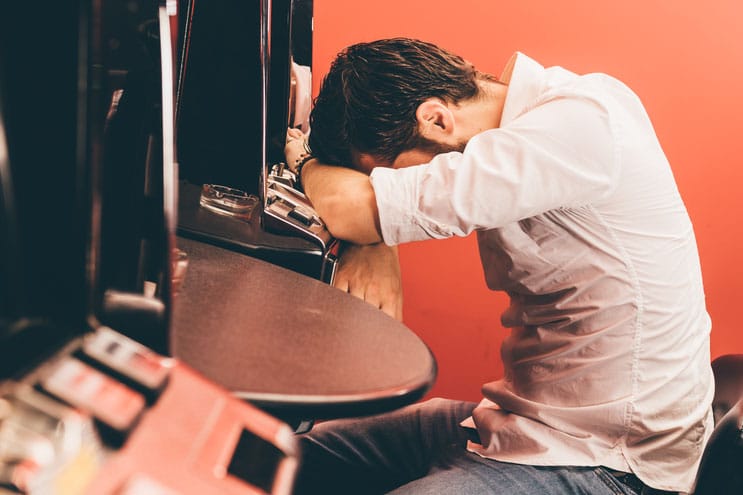
Feeling SAD? Social Anxiety Disorder and its Links To Addiction
Feeling nervous in social situations is a feeling all of us will be rather familiar with but for some, social interactions are so overwhelming that social situations are avoided and the disorder, known as social anxiety disorder (SAD) can take over and hold huge implications to ones life.
Social anxiety disorder is a mental health disorder which presents from fear of social interactions such as, meeting strangers, public speaking, parties, eating in front of others, interviews, school or family occasions. The feelings are intense and overpowering, differing from the human norm response to social interactions of feeling shy, or awkward with a build up fear leading to the following symptoms and feelings.
– Feeling sick, sweating, tremberling
– Panic attacks
– Increase heart rate
– Low self esteem and depression
– Negative thoughts
Avoiding eye contact, isolating themselves, unable to perform tasks when people are watching and having feelings of dread performing everyday activities are also typical characteristics of those who suffer with the disorder. The cause of SAD is unknown however, it is thought the fear stems from the worry of being judged, being humiliated, accidentally offending someone and fear from being the centre of attention. It is suggested that there is a link between an over-reactive part of the brain called the amygdala, which controls the body’s response to fear to SAD and also a genetic component between family members, like many other mental health disorders. SAD is thought to develop after adolescence with shyness as a child being a risk factor including bullying, abuse or controlling parents.
SAD and Addiction.
It may be hard to come to terms with other people’s confidence and ability to socialise if you suffer from SAD and as humans, it is a natural reaction to avoid situations that led us to fear or feeling extremely uncomfortable, we therefore look for ways to cope. Isolation can occur by avoiding interactions and looking for coping mechanisms such as alcohol and drugs. According to the National Institute on Alcohol Abuse and Alcoholism, approximately one in five social anxiety disorder sufferers’ abuses or has an addiction to alcohol. These substances can help boost confidence and help calm and relax the user but it does not treat the cause and as the feelings of anxiety and immense fear will still be present, an addiction occurs and creates a vicious circle of SAD, fear and a masked coping mechanism (alcohol/drugs). Other addictions may also occur in a bid to numb the anxiety such as excessive exercise or eating or watching too much TV/video games. Truth be told, without treating the root cause false coping mechanisms will still occur and the trouble is with those who suffer from SAD is that very few actually seek professional help and it may not be until such addictions occur that the root cause of social anxiety is diagnosed.
What Help is out there?
The first step is understanding the disorder and a diagnosis may bring reassurance if it was previously difficult to understand why such feelings occur, leading to even further frustration and anxiety. If alcohol or drugs are present, safe detoxification in rehabilitation centres such as Ibiza calm and bespoke medication and treatment can be discussed with a psychiatrist and the team. Research has shown that work with a psychotherapist and techniques such as Cognitive Behavioural Therapy can be beneficial to those who suffer from SAD. Therapy can help reinforce more positive coping mechanisms and in time replace the old negative ones. At Ibiza calm, we also offer education sessions and group therapy to empower and educate our clients.
Suffering from social anxiety disorder can impact relationships, work and careers, hobbies, education and normal day to day routine activities are disrupted or done so with irrational fear. Lives are clearly disrupted and living in fear and anxiety is a life that no one should be subjected to . It is an essential classification within the field of mental health and should be recognised alongside addictions so that the right help and care can be provided to the individual.
Share this information, choose your platform!
Has your drinking increased during quarantine? Five signs that it may have got out of control…
As lockdown measures ease, many people are starting to look at the habits and behaviours they picked up during quarantine. If you have found that your consumption of alcohol has increased, then you are not alone. Whilst numerous studies are …
Substance abuse in veterans
The 25th of June is Armed Forces Day in the U.K. (formerly Veterans’ Day). It is an annual event to commemorate the service of men and women in the British Armed Forces. These individuals, and military personnel worldwide, do amazing …
Why we use equine therapy at our rehab in Spain?
Horses are intelligent and sensitive creatures and working with them can help those struggling with addiction and other mental health disorders. Working with horses teaches the importance of building healthy relationships, establishing and understanding boundaries, learning about responsibility and how …
Five warning signs of a potential gambling addiction
In April, the UK government published its long-awaited white paper which sets out reforms in gambling regulations. This follows the review undertaken to ensure that the 2005 Gambling Act was “fit for the digital age”. Technology has meant that it …









